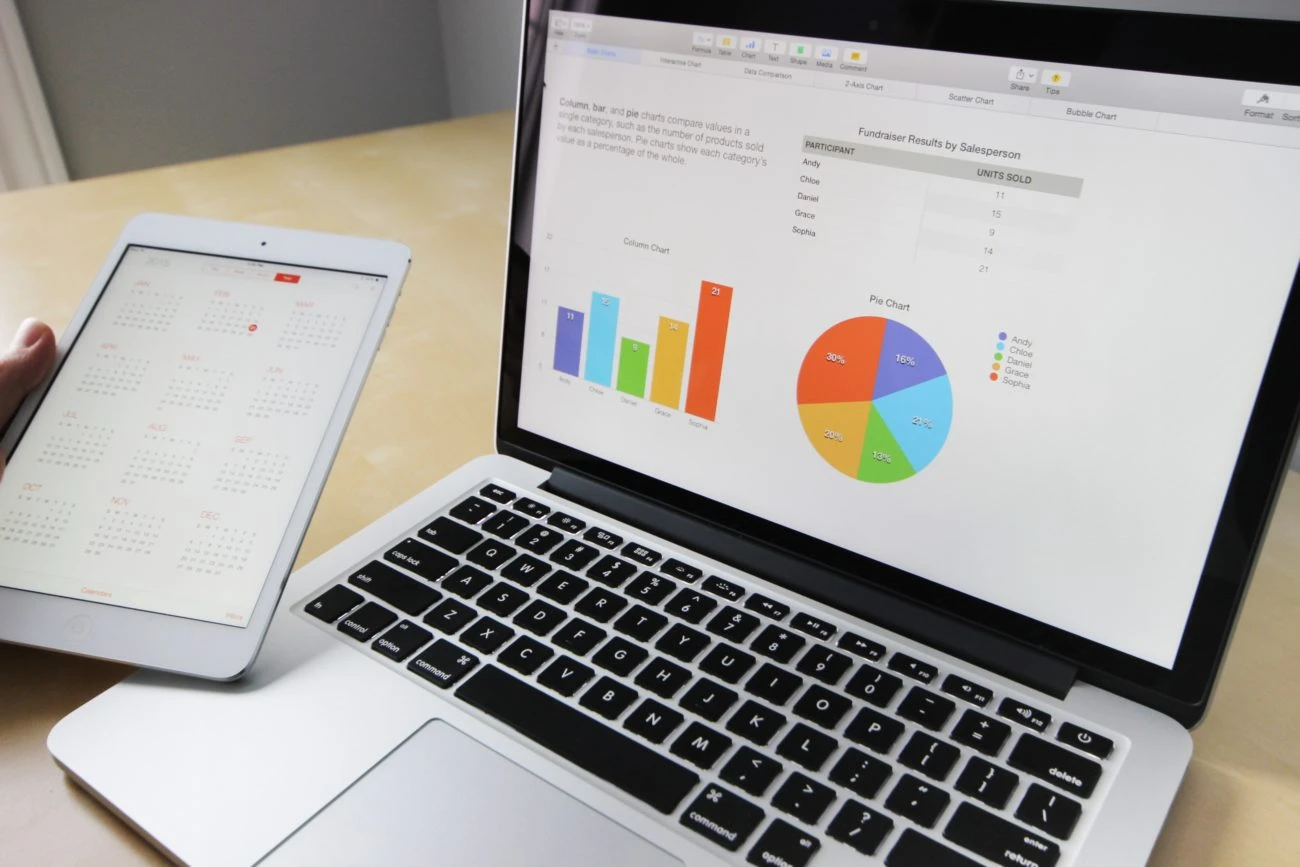Kindred reports improving uptake of RG tools

The report was published today (15 March) and set out a number of Kindred’s sustainability and gambling harm prevention efforts, including a look at how its gambling harm prevention tools were used in 2021.
Out of all its customers in 2021, 9% of them made use of Kindred’s deposit limits, up from 7.2% in 2020. A total of 4% of customers self-excluded for less than six months, up from 3%.
However, the percentage of customers that self excluded for more than six months, or indefinitely, was slightly lower in comparison at 3.9%, rising from 2.9% in 2020.
Its reality check tool, which sets reminders at 30-minute, 60-minute or 90-minute intervals, was used by 2% of customers compared to 1.7% year-on-year.
Product blocks, where players can restrict access to certain gaming products, were used by 1.6% of customers – up from 1.3% – while 0.6% of customers used loss limits, an increase from 0.5%.
Out of customers flagged by PS-EDS, the percentage that opted to use almost every tool rose on average.
Since its deployment in January 2018 to December 2021, the amount of customers identified by PS-EDS that were self-excluding for more than six months rose from 17% to 33.9%. This total was also up 22.9% from the launch of PS-EDS in 2018.
A total of 34.4% of players who were flagged used deposit limits, up from 18.7% from 2020.
Meanwhile 12.7% of flagged customers self-excluded for less than six months, almost double the 6.6% identified in 2020.
Self-exclusion for a period over six months also grew, from 6.6% in 2020 to 7.1% in 2021. In addition, 6.6% of flagged customers used the product block tool, a rise from 5.7%.
Reality checks and loss limits were the only tools used by fewer flagged customers in 2021 than in 2020. A total of 1.1% of flagged customers used reality checks, down from 2%, while 2.5% of customers identified by the tool implemented loss limits, down from 2.8%.
The report also included a rundown of Kindred’s regulatory landscapes in 2021, including examining where the business stood in the Netherlands and Norway.
Kindred ceased activity in the Netherlands on 30 September 2021, the day before the country’s online gaming market opened on 1 October, until it receives a licence from the Netherlands’ gaming regulator de Kansspelautoriteit.
Kindred submitted a licence application in the fourth quarter of 2021 and aims to enter the market in 2022.
The report hailed Norway as having a “volatile enforcement and policy climate”, stating that the country’s draft Gambling Act will effectively “strengthen the current exclusive rights of Norsk Tipping and Norsk Rikstoto to offer gambling”.
Last month the Norwegian Gambling Authority ordered Kindred to withdraw from offering gambling in the country, stipulating a NOK1.2m (£99,447/€118,649) fine per day if the activity continues.
Kindred argued that it was not violating Norwegian law and would therefore not withdraw.
“While the industry made important progress in relation to responsible gaming initiatives and self-imposed advertising restrictions, the negative public perception towards online gambling remains omnipresent and has resulted in additional restrictions such as marketing limitations, bonus bans, financial limits for the customer and blank limits on gameplay level across various key markets,” read the report.
“The industry still has a long road ahead to turn the tide and Kindred has, now more than ever, taken on a leadership role by continuing to build on its Journey Towards Zero and communicate transparently about its milestones in the hopes of creating a constructive dialogue between all actors in the field.”
Last month Kindred emphasised the need for evidence-based debates in relation to the Gambling Act Review.
The same month Kindred released its fourth quarter 2021 financial results, in which it revealed that 4% of its revenue came from problem gambling, as it moves towards its target of no harmful revenue by 2023.
